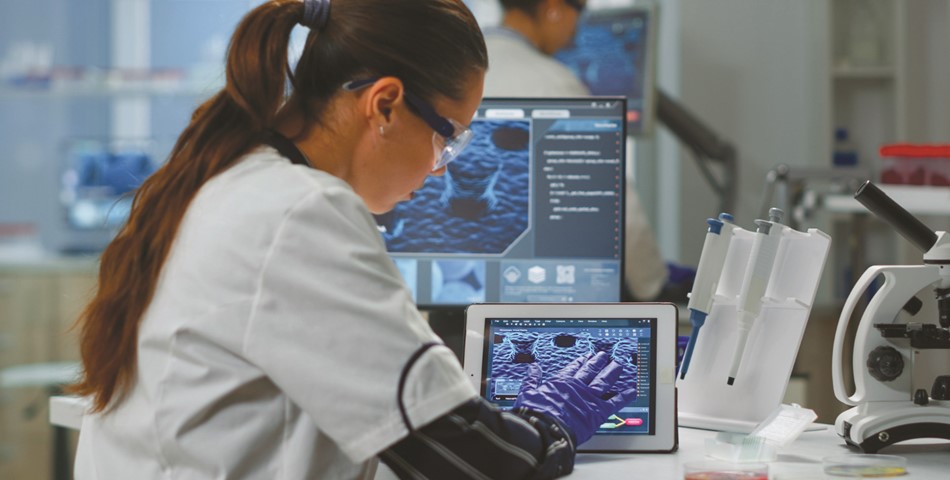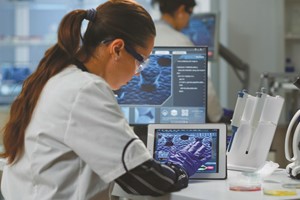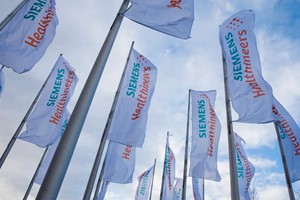3D printing has evolved significantly since the 1980s, and researchers in the Netherlands are now leveraging this technology for groundbreaking applications in medicine and food production.
Dr. Riccardo Levato, a bioengineer at the University Medical Center Utrecht and Utrecht University, leads the ENLIGHT project, an EU-funded initiative aiming to develop 3D-printed miniature human organs. This project, running from 2021 to 2025, focuses on creating a 3D-printed pancreas made of human cells to improve diabetes treatments and potentially enable lab-grown organs.
Levato's team uses stem cells, capable of transforming into various tissue types, to create 3D-printed human tissues with complex structures. Traditional printing methods could damage delicate cells, so they employ a novel technique using light to solidify bioink in the desired shape, mimicking the extracellular matrix of living tissue. This allows precise control over cell differentiation with specific wavelengths of light.
Although still in the laboratory phase, the researchers hope these 3D-printed organoids will soon be integral to drug development. However, making them suitable for human transplantation will require additional time.
The ENLIGHT project could also reduce reliance on animal testing, offering a more accurate and ethical alternative for drug evaluation.
In parallel, Dr. Massimo Vassalli, a professor at the University of Glasgow, leads the PRISM-LT initiative. This EU-funded project explores 3D printing of various living tissues for medical and food applications. Vassalli's team aims to produce centimeter-scale tissue cubes, including marbled cultured meat, by integrating bacteria or yeast to aid stem cell differentiation.
While promising, scaling up for food production poses significant challenges. Vassalli notes, "Food will take longer because the scale-up of the technology will take a lot of energy," highlighting the need for further advancements before 3D-printed meat can become a widespread option.
These initiatives demonstrate the Netherlands' leadership in advancing 3D printing for transformative medical and food applications.










